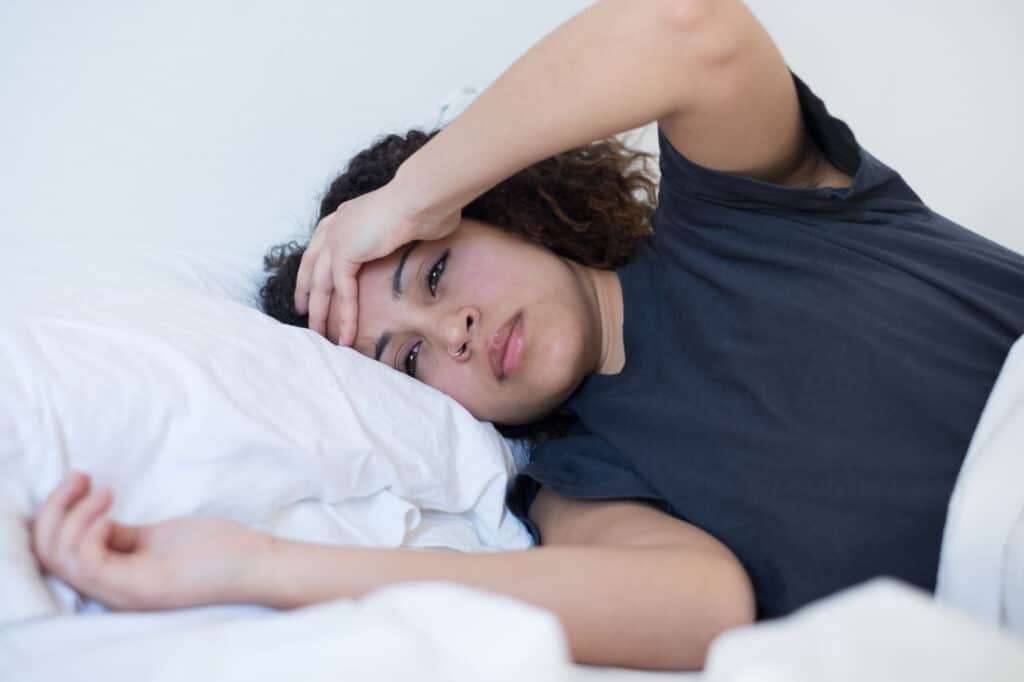Tackling Insomnia in Recovery
Those with opioid use disorder are no strangers to sleeplessness, and many people in recovery had endless bouts with insomnia while dealing with withdrawal symptoms in the past. While medication-assisted treatment can lessen insomnia tied to withdrawal, other factors can contribute to sleep problems during treatment and recovery. Handling these sleep disorders can be tricky as medical providers generally want to avoid prescribing medication with strong sedative effects, especially ones that can be habit-forming.
What is Opioid Induced Insomnia?
Although opioids have a sedative effect that can cause users to “dose off,” they tend to interfere with actual restorative REM sleep. The American Academy of Sleep Medicine found that opioid-induced rest can cause sleep-disordered breathing similar to central sleep apnea because opioids cause the central nervous system to relax. People can wake up multiple times a night due to this, often gasping for air, preventing them from attaining restorative REM sleep. This affects both illicit opioid drug users and those who take opioids for chronic pain, as some are not aware of the risks.
Can Insomnia Occur During Treatment?
Research finds an interconnected relationship between sleep disorders and opioid use; primarily, those using opioids will often have disrupted sleep. Those suffering from sleep disorders will often look to misuse opioids. The danger in this connection comes to a head for those in recovery who suffer from insomnia symptoms as they work to avoid relapse. The urge to take opioids to help them fall asleep can grow with each added hour of sleeplessness, which is why it’s essential to treat patients with signs of sleep disorders.
Treating Sleep Disorders in Patients with Opioid Use Disorder
The cause of sleeplessness among those in recovery can be challenging to pinpoint. Medical providers will first look to screen for the possibility of factors such as untreated anxiety, caffeine overuse, or other health conditions that can prevent the body from resting, such as sleep apnea or circadian rhythm disorder. This approach often tends to solve the sleeplessness without the need for medications, but not always. For particularly difficult or undefinable cases, the diagnosis of insomnia can be approached with various medicines such as temazepam or zolpidem that are used with medical oversight. For those who cannot take recommended medications, further testing and diagnostics by a sleep clinic may be necessary to understand the root of the cause.
Patients in treatment and recovery are urged to focus on overall well-being to help resolve sleep issues. More often than not, insomnia symptoms are secondary to more overbearing matters that need to be addressed. Practicing proper “sleep hygiene” is a good stepping stone towards achieving restorative, restful sleep.
The knowledgeable and friendly staff at BAART is ready to help those who may be stuck in a cycle of opioid misuse and sleeplessness. With the use of FDA-approved medications and evidence-based methods, our medical providers and substance use counselors can help patients improve their health and make opioid addiction a thing of the past.
If you have any questions, please contact us today to speak with one of our knowledgeable, caring representatives. We want to make sure the road to recovery is as smooth as possible for you or your loved one.



